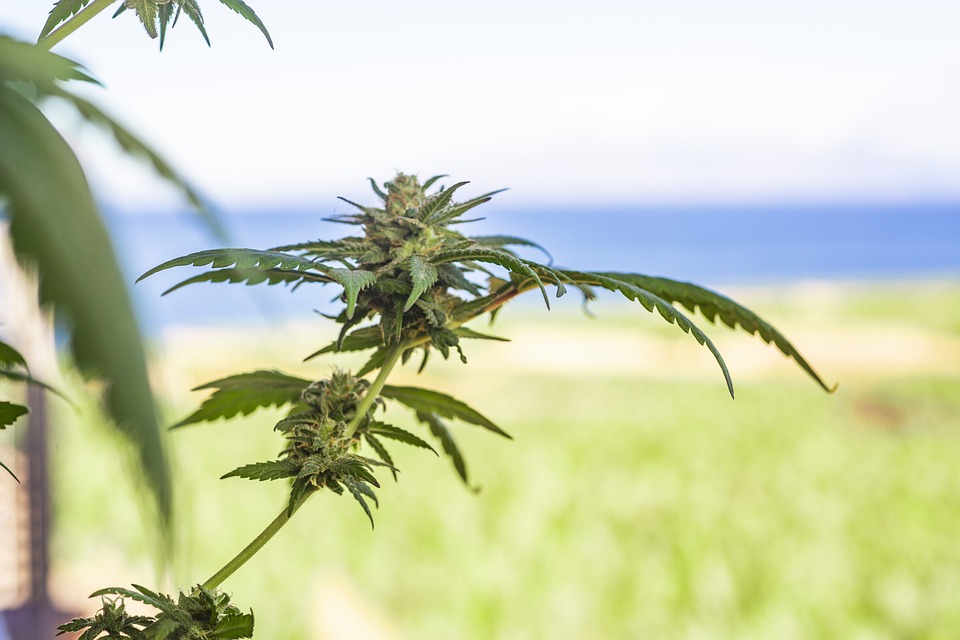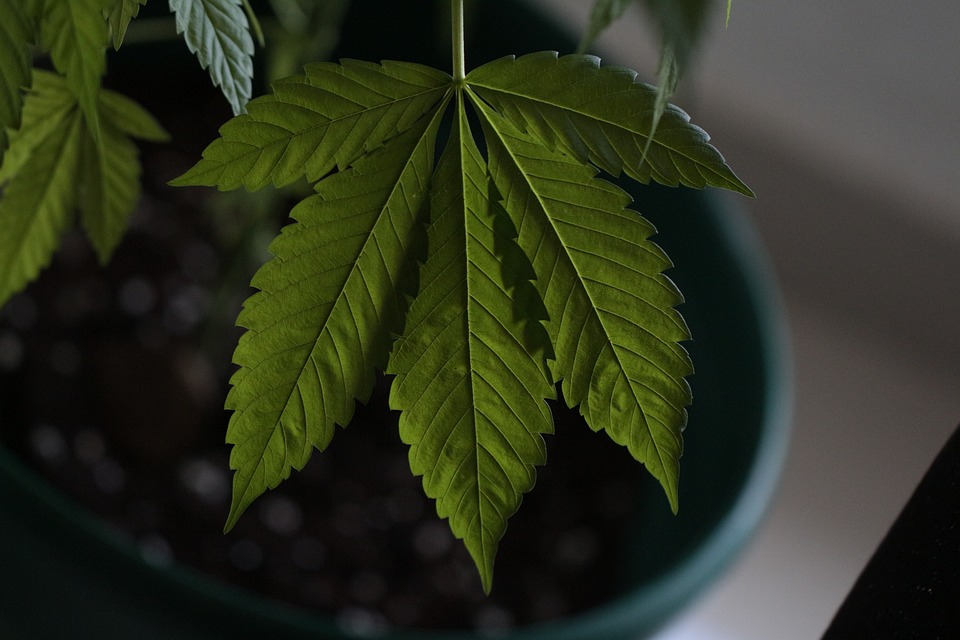A newly released report has shed light on the stark reality of the long-standing cannabis prohibition on minority communities across the United States. The study, conducted by the American Civil Liberties Union (ACLU), revealed that the war on drugs has disproportionately affected racial and ethnic minority groups, perpetuating systemic racism and inequality.
The report, titled “The War on Cannabis: The Intentional and Unintentional Consequences of the Racialized War on Drugs,” examined the impact of cannabis prohibition on communities of color since the 1970s. The investigation found that black Americans are nearly 3.5 times more likely to be arrested for cannabis possession than white Americans, despite similar usage rates.
The report’s findings are stark and disturbing. Minority communities have been disproportionately affected by the draconian drug policies, with devastating consequences for their economic, social, and health well-being. Here are some key takeaways from the report:
- Mass Incarceration: The report found that in 2015, African Americans were imprisoned at a rate 12.5 times higher than whites, with drug-related offenses being a significant contributor to this trend. This widespread incarceration has led to the erosion of family structures, perpetuating cycles of poverty and inequality.
- Racialized Policing: The study identified a direct link between racial profiling and the use of force by law enforcement. The report found that black Americans are more likely to be stopped, searched, and detained by police, often resulting in violence and occasionally, tragic loss of life.
- Economic Inequality: The war on drugs has led to a steep increase in economic inequality, with minority communities struggling to escape the cycle of poverty, unemployment, and limited economic opportunities.
- Health Deterioration: The report highlighted the devastating impact of the war on drugs on mental and physical health. Minority communities have higher rates of substance abuse, overdoses, and related health issues, likely due to the availability of cheaper, but more dangerous, drugs as a result of prohibition.
- Intergenerational Trauma: The study acknowledged the intergenerational trauma caused by the war on drugs, including the separation of families, loss of hope, and erosion of community trust in institutions.
According to the report, the war on drugs has also led to
- A significant decrease in social and economic mobility for minority communities
- An increase in police brutality and community distrust
- A perpetuation of systemic racism and discrimination
- A devastating impact on public health and well-being
The study’s authors urge lawmakers and policymakers to revisit the war on drugs and instead adopt a more nuanced approach, considering the root causes of addiction and the devastating consequences of prohibition. They recommend an end to the racialized war on drugs, advocating for a more balanced approach that prioritizes public health, racial equity, and social justice.
As we continue this important conversation
It’s crucial to recognize the severity of the issue and the dire need for reform. The report’s findings are a stark reminder of the devastating impact of the war on drugs on minority communities. By acknowledging the past and working towards a more just future, we can begin to reverse the damage and create a more equitable society for all.
Source: “War on Cannabis: The Intentional and Unintentional Consequences of the Racialized War on Drugs”
American Civil Liberties Union (ACLU)









Comments (0)